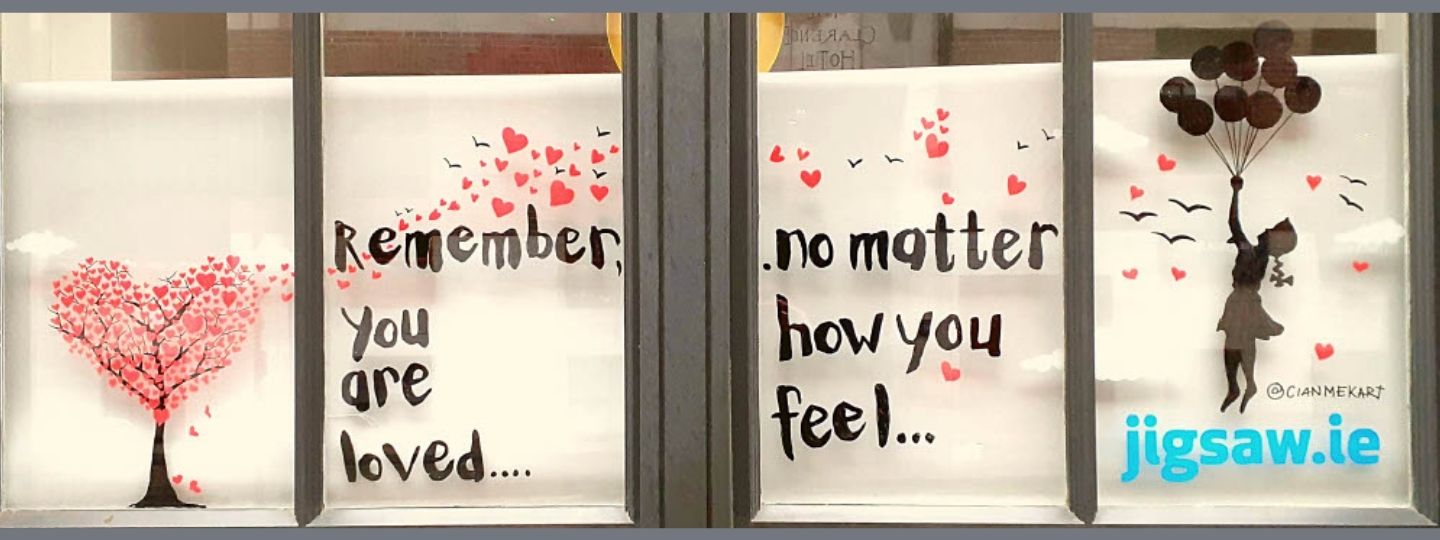How to talk to a young person about toxic relationships
How to talk to a young person about toxic relationships
Learn how to talk to your young person about toxic relationships. Support their emotional wellbeing with expert advice from Jigsaw.

Relationships are a central part of life, especially for young people embarking on new friendships and romantic connections. The best relationships build confidence and resilience, but toxic relationships can harm your mental health.
It’s important to talk with young people about what are the signs of toxic behaviours within relationships and how we can all work to have healthy connections.
What is a toxic relationship?
A toxic relationship is one that is unhealthy for you. Relationships should nourish you, and bring security, contentment and happiness. No relationship is without its bumps in the road, but overall relationships should be a place of safety. When a dynamic is toxic, it can bring you happiness one minute and despair the next. This can involve manipulation, control, constant criticism, or neglect. Toxic relationships can occur in friendships, romantic partnerships, or families, and even one toxic relationship in your life can have an impact on your self-esteem and mental health.
Why is this conversation important?
Talking about toxic relationships helps young people:
- Recognise unhealthy behaviours
- Learn to set boundaries confidently
- Build healthier connections
- Know when to seek help.
By discussing these issues, you empower young people to prioritise their mental health and navigate relationships effectively.
How to start the conversation
Talking to young people about relationships can be challenging, but creating a safe space helps.
- Choose the right moment: Find a relaxed time, like during a car ride or walk, for a natural conversation.
- Use examples: Relate the topic to movies, TV shows, or news stories about relationships.
- Ask open-ended questions: Encourage sharing by asking:’What makes a good friend or partner?’, ‘Have you seen someone in an unhealthy relationship?’
- Listen without judgment: Show understanding and let them share freely.
Signs of a toxic relationship
When young people reach a certain age, it is normal for them to prioritise relationships outside of the family, this is a normal part of growing up. You can help your young person navigate the world by talking about what makes a healthy relationship, this will help when build foundations for the rest of their lives.
When it comes to children and young people in our care, they take in what they see around them, and can shape their world based on that. Modelling healthy relationships is one of the important ways that you can help your young person learn what a healthy relationship looks like. Reflect on whether there are unhealthy relationships in your life.
Some red flags that can help you and the young person you care for are:
- Constant criticism
- Pressure to do uncomfortable things
- Isolation from friends or family
- Controlling behaviours
- Fear of expressing themselves
- You are arguing one day, and things are great the next
- They often make you feel guilty
- They are jealous of your other relationships
- You feel like it’s your responsibility to fix things
- You change yourself to please them
- You worry about setting them off and feel like you have to watch what you say
- You feel anxious or unwell when you know you’re going to see them
- They text and call you constantly
- You have lost confidence in yourself
- They break your trust.
Encourage them to think about their relationships in a critical way and to trust their instincts. If something feels wrong, it likely is.
Tools to build positive relationships
Give young people these strategies for healthy relationships:
- Set boundaries: Communicate limits clearly and respectfully
- Practice open communication: Encourage honesty and active listening
- Look for mutual respect: Emphasise valuing each other’s feelings and time
- Prioritise emotional safety: Highlight relationships where they feel safe being themselves
- Seek Support: Let them know it’s okay to ask for help.
How to offer support
If a young person is in a toxic relationship, your support is key. Here’s how to help:
- Stay calm and supportive: Avoid blame and let them know you’re there.
- Provide resources: Share tools like Jigsaw.ie or suggest speaking to a trusted adult.
- Encourage small steps: Help them think through actions like setting boundaries or seeking advice.
Helping young people understand toxic relationships and build positive ones is vital for their emotional well-being. By opening conversations, offering tools, and being supportive, you can help them prioritize healthy connections.
If you think you’re young person needs some extra support you can visit jigsaw.ie/get-support.


